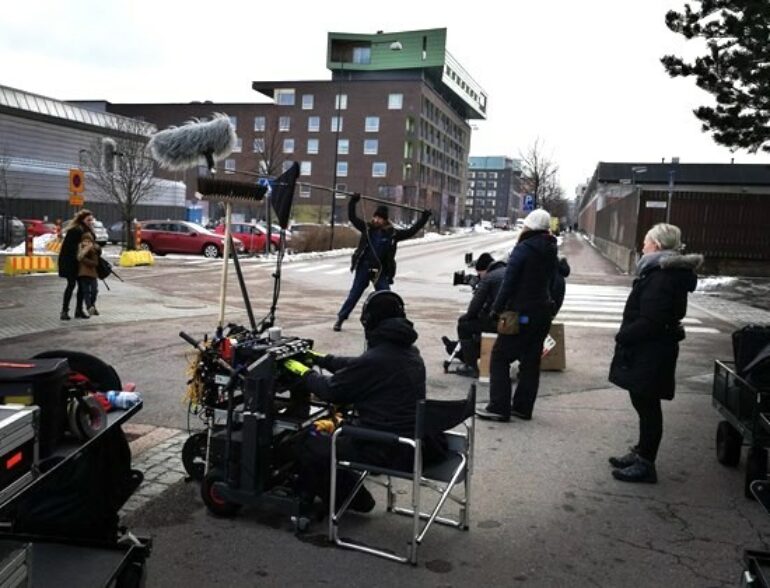WRITTEN BY: Annika Pham
An interim report from Business Finland underscores the positive impact of Finland’s 25% production incentive and offers recommendations.
In 2017, its first year of activity, Finland’s 25% cash rebate has attracted 26 production companies that received a total of €9.5m to cover their production costs in Finland. The remaining €0.5m of the tax incentive’s €10m annual budget was spent by Business Finland in administrative and marketing costs.
The report doesn’t provide details of each project funded, but states that 22 funding decisions went to domestic main or minority productions and only four went to foreign productions, based in Japan, China, France and Sweden.
To date the biggest impact of the new Finnish tax incentive was reported in job creation, with an increase in the number of days of filming and post-production days, and in the size and quality of Finnish productions and co-productions. According to the report’s qualitative analysis, Finnish producers applying for funding have had to raise their ambitions, setting budgets above €2.5m for feature films, €325,000 for documentaries and €5,500 per minute for TV dramas and animation, and their greater collaboration with foreign partners has helped them gain expertise.
According to the report, the production incentive has been particularly successful at attracting TV drama productions and boosted the interest from international distributors and local private equity investors. Dionysos Films’ CEO Riina Hyytiä who received support for the TV drama Deadwind, sold worldwide to Netflix, tells of her own experience: “The Finnish tax rebate system started in the middle of production of Deadwind season 1. We were planning to shoot some episodes in Germany, but due to the tax rebate, we transferred those shootings to Finland and did just some scenes in Germany and Estonia. The money we got from Tekes [in charge of the tax incentive before Business Finland] helped us raise the quality in almost every level. The tax rebate system has also helped Finnish film and TV creators, to get more experience in dealing with bigger budgets and high international standards when it comes to quality of story and production value."
Looking ahead, the interim report says the main challenge is the small annual budget (€10m a year) of the Finnish tax incentive, compared for instance to Iceland (where there is no cap) or Greece’s whopping €75m a year, which may induce foreign producers to go elsewhere.
The interim review’s recommendations include:- the continuation of the funding of the audio-visual production incentive
- a removal of its funding cap and greater flexibility regarding annual budgets
- improved international marketing
- greater collaboration between Business Finland’s various funding services and between Business Finland and other key funding bodies, such as the Finnish Film Foundation to draw up a common strategy for the audio-visual sector
- greater training of audio-visual professionals
The full report is available at www.businessfinland.fi
